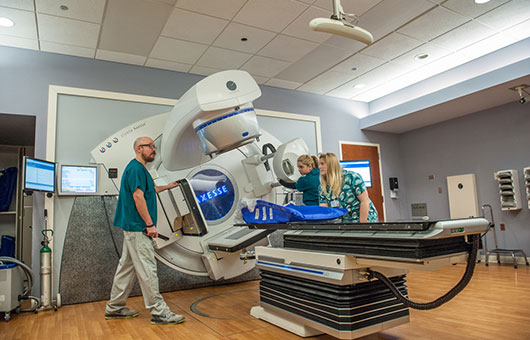Oncology is a field of medicine that studies the diagnosis, treatment, and prevention of cancer. A doctor who treats cancer and provides medical care for patients diagnosed with cancer is known as an oncologist.
What does Oncology focus on?
Contents
- 1 What does Oncology focus on?
- 2 How Long Should You Stay at the Destination?
- 3 How Long is the Recovery Time?
- 4 What Aftercare Should You Consider?
- 5 What is the Success Rate for an Oncology Procedure,?
- 6 Are there Alternatives to an Oncology Procedure,?
- 7 What Should You Expect Before and After the Procedure?
Oncology has three major areas, medical, surgical, and radiation. Medical oncology focuses on treating cancer using chemotherapy, hormonal therapy, targeted therapy, and immunotherapy. Surgical oncology focuses on removing tumors and nearby tissues with surgery and performing certain types of biopsies. Radiation oncology focuses on treating cancer with radiation. Oncology also has various sub-specialties, such as pediatric oncology (The focus is on cancers in children), gynecologic oncology (The focus is on cancers that occurs around the female reproductive system), neuro-oncology (focuses on cancers of the brain).

How Long Should You Stay at the Destination?
The length of stay in the local area depends on which procedure you undergo. In general, you may need to stay for 7 to 14 days after surgery. During your stay, you will have to attend follow-up checkups and your surgeon may remove the stitches if they did not use dissolving stitches.
How Long is the Recovery Time?
The type of procedure you undergo determines the recovery period. while you may be able to get back to your normal routine within 10 days after laparoscopic surgery, you may need to wait around 6 weeks to fully recover from open surgery. If you undergo ERCP, you should be able to go back to work after several days.
What Aftercare Should You Consider?
A healthy and balanced diet is very important to stop gallstones from growing again. Your surgeon will give you instructions regarding dietary restrictions and exercises you need to perform in order to stay healthy after the treatment.
What is the Success Rate for an Oncology Procedure,?
Gallstones treatment is known to be highly effective and successful, with about 90% of people have successful treatment. However, there are some risks and side effects to be aware of and the risks include infection, damage to the bile duct, bleeding, blood clots, and abdominal pain.
Are there Alternatives to an Oncology Procedure,?
If surgery is not an option for you, medication to dissolve gallstones can be the alternative. However, it may take months or years of treatment to treat gallstones using medication. Also, the gallstones may form again if you stop taking the medication.
What Should You Expect Before and After the Procedure?
After the procedure, you will no longer experience the same symptoms you felt before the procedure and the risk of complication is decreased.
To check prices or to book an Oncology Procedure in Thailand or anywhere else in the world, head on over to MyMediTravel now!

